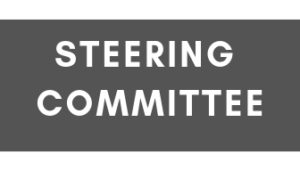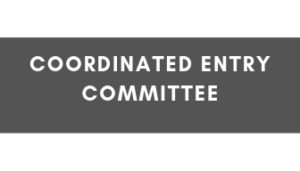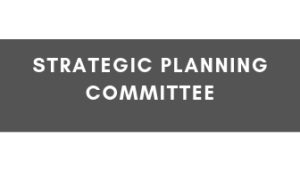CCHA Committees
The Chittenden County Homeless Alliance has a Steering Committee, 2 primary sub-committees and a number of additional sub-committees. Find minutes by clicking the buttons below.
Primary Subcommittees:
Other Subcommittees:
Vermont Veterans Committee on Homelessness
COMPREHENSIVE LIST OF SUB-COMMITTEES WITH DESCRIPTIONS
STRATEGIC PLANNING COMMITTEE. To move the CCHA toward its mission to prevent and end homelessness, the Strategic Planning Committee will work to identify current gaps in the system, and housing and service challenges in the CCHA, and develop annual strategies for implementation. The Strategic Planning Committee will report at each of the Community Meetings on current strategies, progress toward goals, and other key information. The Strategic Planning Committee will review all HUD directives and policy briefs to provide guidance in CCHA planning.
COORDINATED ENTRY COMMITTEE. This committee is charged with identifying systemic approaches for the CCHA to meet HUD’s requirements related to coordinated entry. The committee will make recommendations to the Steering Committee on approaches to coordinated entry and offer the Steering Committee recommendations for implementation. The committee will remain in effect after full implementation to monitor progress on coordinated entry and to offer changes as needed.
⇒ The Community Housing Review Committee will function as a sub-committee of the Coordinated Entry Committee. The Community Housing Review Committee is charged with coordinating subsidy, services, and housing placement for households on the CCHA’s Coordinated Entry Master List, as prioritized according to the community’s coordinated entry policies and procedures.
OUTREACH AND MEMBERSHIP COMMITTEE. Identify potential interested and qualified candidates for positions on the Steering Committee, including officer positions; conduct outreach to the public to increase participation in CCHA activities; and plan Community Meetings in consultation with the Steering Committee officers and full Steering Committee.
Point-in-Time & H.M.I.S. COMMITTEE. Review data regularly including Annual Performance Reports and Annual Homeless Assessment Report (AHAR); report on data; serve as liaison with hired Homeless Management Information System (HMIS) administrator and HMIS Lead Agency; make recommendations to Steering Committee and CCHA regarding software changes; monitor progress on AHAR and overall adherence to data quality; coordinate Point-In-Time Count (PIT Count) and ensure compliance with HUD requirements and recommendations; make recommendations to Steering Committee regarding any significant changes to PIT Count; train CCHA members including volunteers and the broader public on PIT Count structure and implementation. This sub-committee can make changes to PIT Count implementation to align with HUD requirements. Any changes that divert from HUD requirements require approval of the Steering Committee.
NOFA COMMITTEE. Reviews annual NOFA and NOFA-related communications from HUD including official Notices, Policy Updates, or other HUD guidance that impacts the NOFA competition. Review closely HUD NOFA for policies and priorities that would impact CCHA in the national competition; prepare a formal presentation to the Steering Committee on policy objectives, key changes in application or HUD priorities. Review application and its requirements. Prepare a CCHA-specific Request for Proposals (RFP) to reflect HUD policies and priorities. Develop a timeline for the CCHA RFP. Oversee issuance of the RFP and address inquiries or concerns. Develop a companion scoring protocol for CCHA applications. The NOFA Committee will work closely with the Strategic Planning Committee in an effort to align the NOFA priorities with the priorities of the CCHA. The NOFA Committee will include the Collaborative Applicant.
APPLICATION RANKING COMMITTEE. When the CCHA is required to prioritize project applications a separate committee will be formed. The members of this Application Ranking Committee cannot be staff of agencies with projects being considered for funding. Members of this Application Ranking Committee do not have to be current members of the CCHA. Possible members can be recommended by the Outreach and Membership Committee or any other CCHA sub-committee. The Steering Committee will select the final composition of the Application Ranking Committee on an annual basis as needed. While membership is not restricted to members of the CCHA, members of the Application Ranking Committee must have the capacity to review applications, to apply a scoring matrix responsibly, and have no conflict of interest. The Application Ranking Committee will consist of no less than three members and will always be an odd number.
Vermont Veterans Committee on Homelessness (VVHC) meets three times a month and is comprised of a coalition of homeless Veteran provider agencies working together to address Veteran-specific housing needs throughout the state. A primary focus of the committee is to end Veterans’ homelessness as part of a national federal initiative involving three federal partners: Housing & Urban Development (HUD), United States Interagency Council on Homeless (USICH), and the Veterans Health Administration (VHA).



